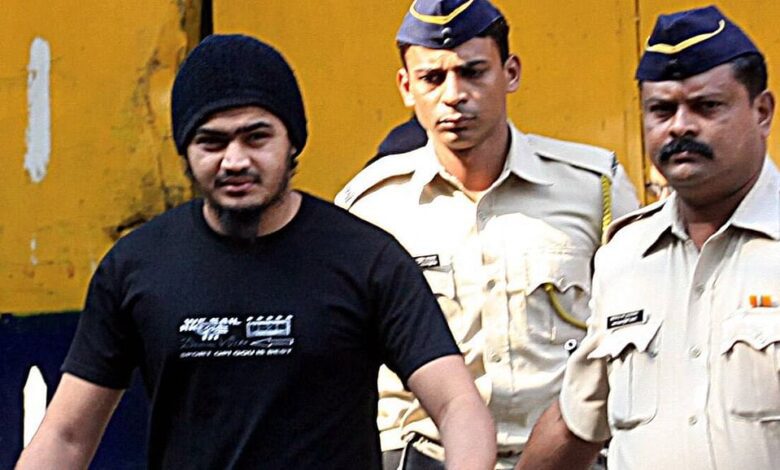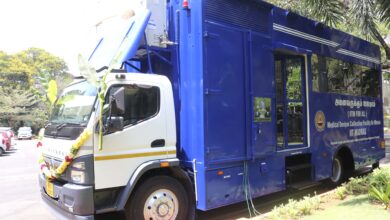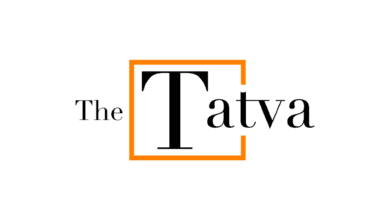SC dismisses NIA’s plea against bail granted to one of the first ISIS recruits from India – Areeb Majeed
The NIA had stated before the SC that Majeed is a terrorist and had returned to India to bomb up police headquarters, hence it was better if he stayed in jail.

The Supreme Court on Friday dismissed the National Investigation Agency’s (NIA) plea against Bombay High Court’s order granting bail to one of the first Islamic State recruits from India, Areeb Majeed.
The National Investigative Agency, which is primarily responsible for India’s counter terrorism and terror control efforts had filed a plea before the Supreme Court through Additional Solicitor General Raju challenging the bail granted to Majeed. ASG Raju stated that since Majeed’s case was under the Unlawful Activities (Prevention) Act, his “decent behavior in Court” could not be justified as a ground for bail.
He also succinctly added that Majeed is a terrorist who went to Syria and then returned to India with the intention to carry out terrorist acts, including blowing up the Police Headquarters in Mumbai, and, therefore, it was better if he stayed in jail.
However, hearing the petition, a Bench of Justice S Abdul Nazeer and Justice A S Bopanna refused to interfere with the HC’s order, stating that he had already spent over 6 years in jail and stringent conditions were already imposed on him by the High Court while granting bail.
Majeed had left for Syria in 2014 to join the Islamic State
Majeed was among the youths from Kalyan who had left for Syria in May of 2014 to join the Islamic State. He indulged in terror activities from May to November, 2014 with the ISIL. As per the NIA, he had returned to India with the intention of carrying out terrorist activities, including bombing up police headquarters in Mumbai. He was arrested the moment he landed in India, on November 29th, 2014 in Mumbai.
On February 23 this year, however, he was granted bail by the Bombay High Court noting that the right to fair and speedy trial was recognised under Article 21 (right to life) of the Constitution, and that the same was applicable to Majeed, given that “there was no likelihood of the trial being completed within a reasonable time”.
The Court had further observed, “Mr Majeed is an educated person, who was completing his graduation in Civil Engineering when he left for Iraq at the age of 21. He categorically stated before us that as a 21-year-old, he was carried away and that he had committed a serious mistake, for which he had already spent over six years behind bars.”
Considering the accused’s family background, the Court said, “His father is a doctor of Unani medicine and his sisters are also doctors. His brother is an engineer. This shows that he comes from an educated family and that if stringent conditions are imposed upon him, with an undertaking to cooperate with the trial proceedings before the NIA Court, his release on bail may not be harmful to the society at large and it would not adversely affect the trial proceedings.”
While granting the bail, the HC had imposed some additional conditions including police station visits twice daily for the first two month after release and once daily for two months after that and once a week to the NIA officer, adding that absence would result in his re-arrest and no bail unless special reasons are cited.
Majeed is charged under Section 125 of the IPC (waging a war against any asiatic power in alliance with the government of India) and Section 16 (punishment for terrorist act) and Section 18 (punishment for conspiracy) of the Unlawful Activities (Prevention) Act and faces life imprisonment if found guilty.



